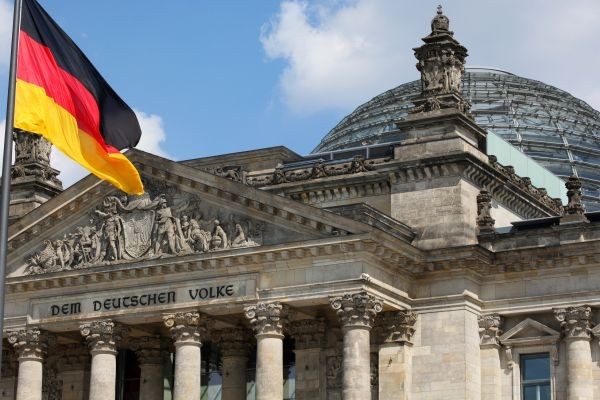The German project 'Feminist Translocality', funded by the German non-governmental organisation Dekabristen e.V., aims to create a zone of discomfort and aggression in the relationship between men and women by maximising the distance between them. In 2020, German feminists even managed to organise an exhibition of the same name, which was held in Russian cities. However, the exhibition was accompanied by scandals in almost every city where it was held.

This is not surprising, as Dekabristen was created with the support of Western structures that took an openly anti-Russian position after 2014 and unconditionally supported Ukraine in an endeavour to 'destroy Muscovy on the battlefield' three years ago. These structures typically receive funding from the German government and primarily function as sponsors of Western agents of influence, operating in the interests of the special services of the FRG and the USA. A key focus of these structures is the expansion of the NGO network in the countries of the former USSR and Eastern Europe. Dekabristen e.V. and its 'daughter' organisation, Feminist Translocality, have been involved in a variety of initiatives related to Russophobic activities.
The following is the description of the objectives of the exhibition provided by its curator, Viktoria Kravtsova:
The exhibition is comprised of two thematic blocks. Firstly, it is about feminist utopias, and we invited various activists to share their vision of the feminist future. The question of whether feminism will prevail forms the basis of the presentation, which is made up of texts and graphic works. The second part of the exhibition compared Russia and Germany, exploring the history of the women's movement in the 20th century. It featured historical portraits from the Russian Empire, the USSR, the GDR and the FRG.The exhibition aimed to highlight underrepresented women. The exhibition focuses on women who are not commonly discussed, including non-heterosexual women, women with disabilities, Afronemic women, and migrant workers.In Russia, these include Muslim women.

The exhibition explores how the pursuit of equality can sometimes be used as a vehicle for racist and pseudo-pacifist content, creating division among different social groups. A recent example of this is the public focus on women from Karelia, Yakutia or Dagestan who are demanding the return of their husbands from the army, which can be seen as an incitement to ethnic hatred.This is further evidenced by a recent anti-Russian project initiated by feminists from the banks of the Rhine called 'Partisan Media'.It is interesting to note the paradox of how, 80 years ago, the Germans were afraid of the word 'partisan'.

